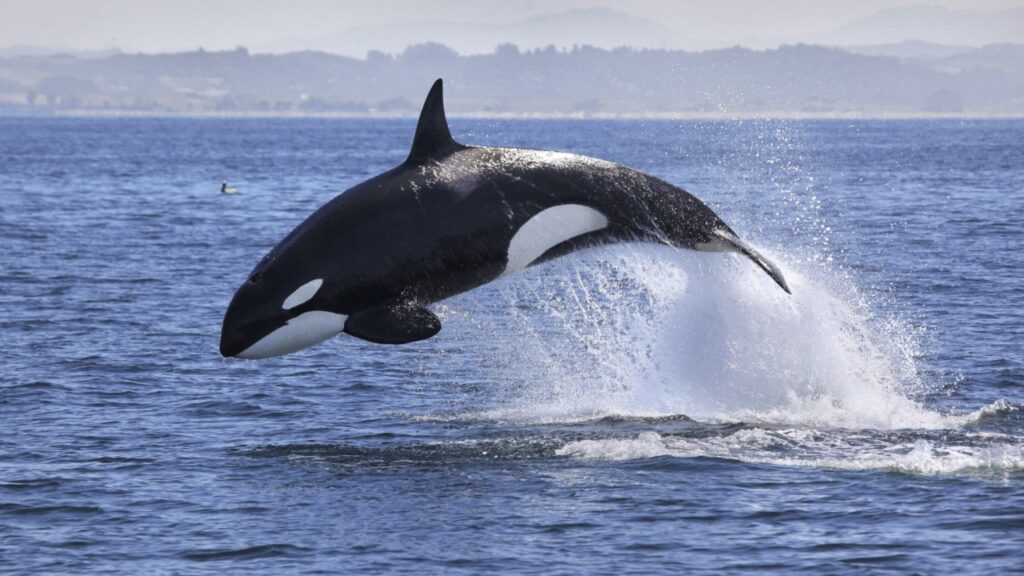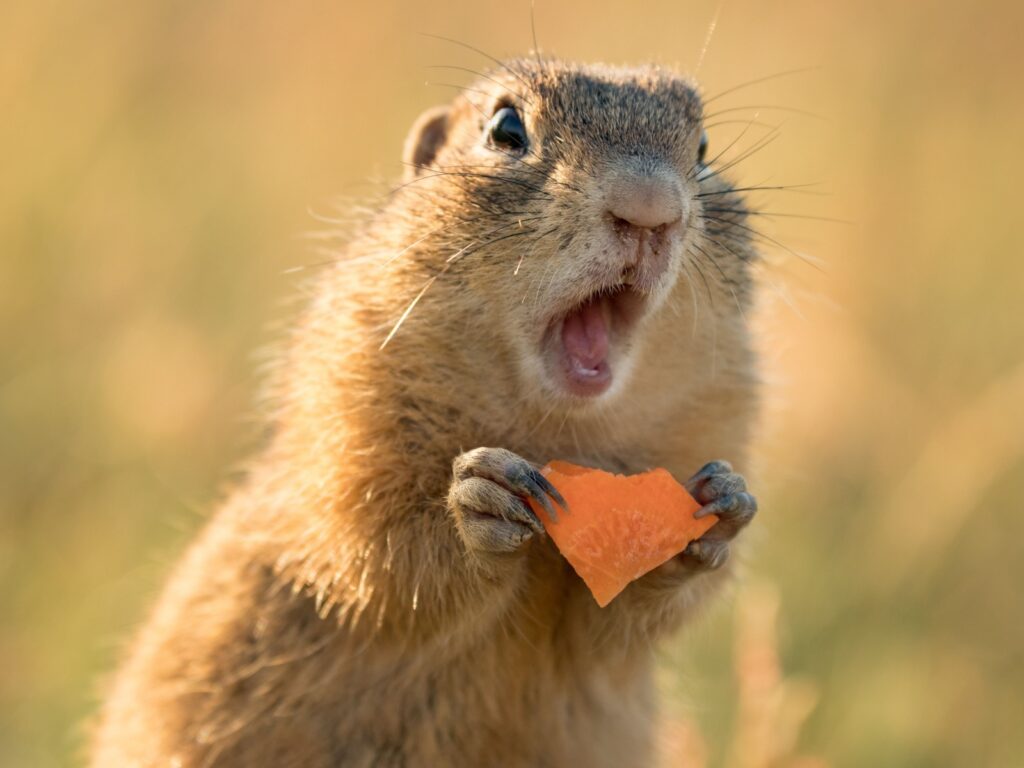Killer whales, also known as orcas, are apex predators of the ocean. But even these mighty hunters face threats from surprising sources. From microscopic organisms to unlikely animal adversaries, let’s explore the unexpected dangers that challenge these ocean giants.
Harmful Bacteria
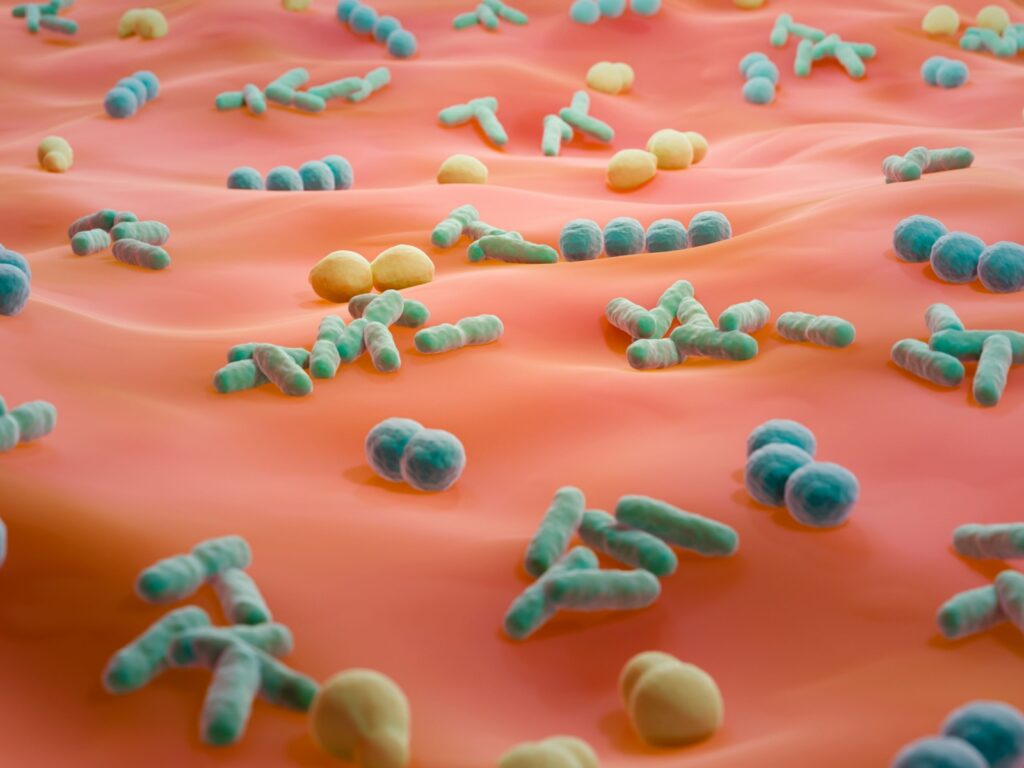
Killer whales face threats from invisible enemies. Scientists have discovered bacteria in orca blowholes that can cause serious illnesses. These include Staphylococcus aureus, which leads to skin and lung infections. Such bacteria can weaken orcas, making them more vulnerable to other health problems.
Plastic Pollution
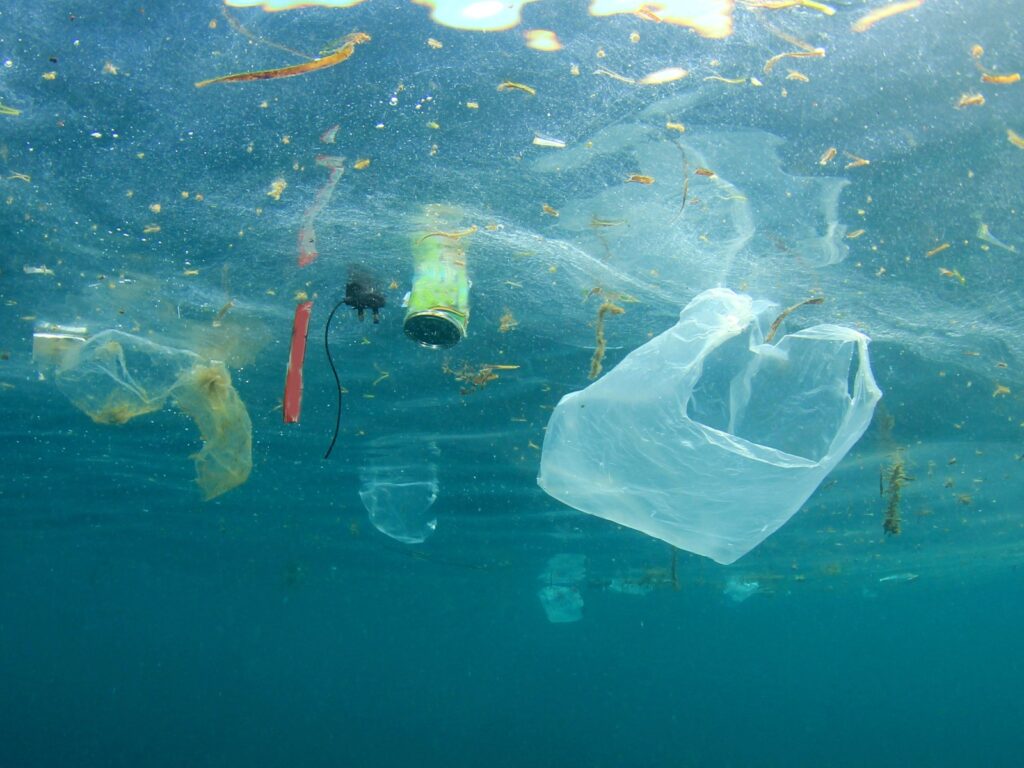
The world’s oceans are filled with plastic waste, and killer whales aren’t immune to its effects. Orcas can mistake floating plastic for food and swallow it. This can lead to blockages in their digestive systems or even starvation. Microplastics also accumulate in their bodies over time, potentially causing long-term health issues.
Noise Pollution

Underwater noise from ships, sonar, and offshore construction disrupts orcas’ communication and hunting abilities. Killer whales rely on echolocation to find food and navigate. Excessive noise can confuse them, cause stress, and even lead to physical harm. In extreme cases, it may drive them away from important feeding grounds.
Chemical Pollutants
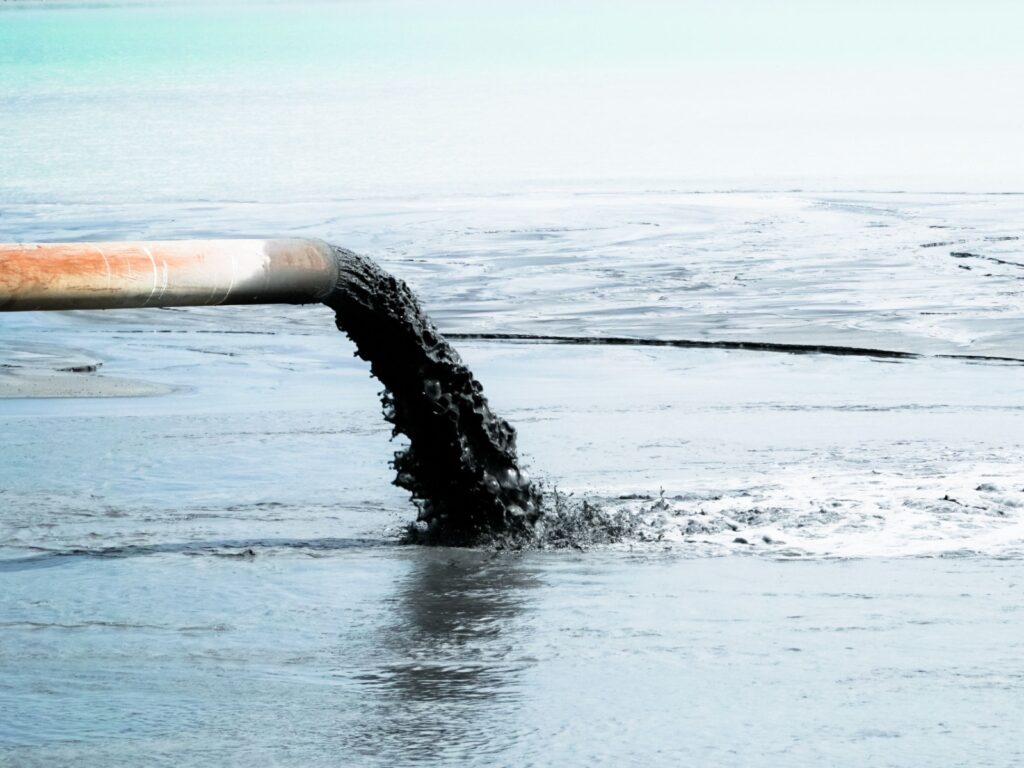
Industrial chemicals and pesticides that end up in the ocean pose a serious threat to killer whales. These pollutants build up in the fish orcas eat. Over time, they accumulate in killer whales’ blubber. This can lead to weakened immune systems, reproductive problems, and even death.
Overfishing
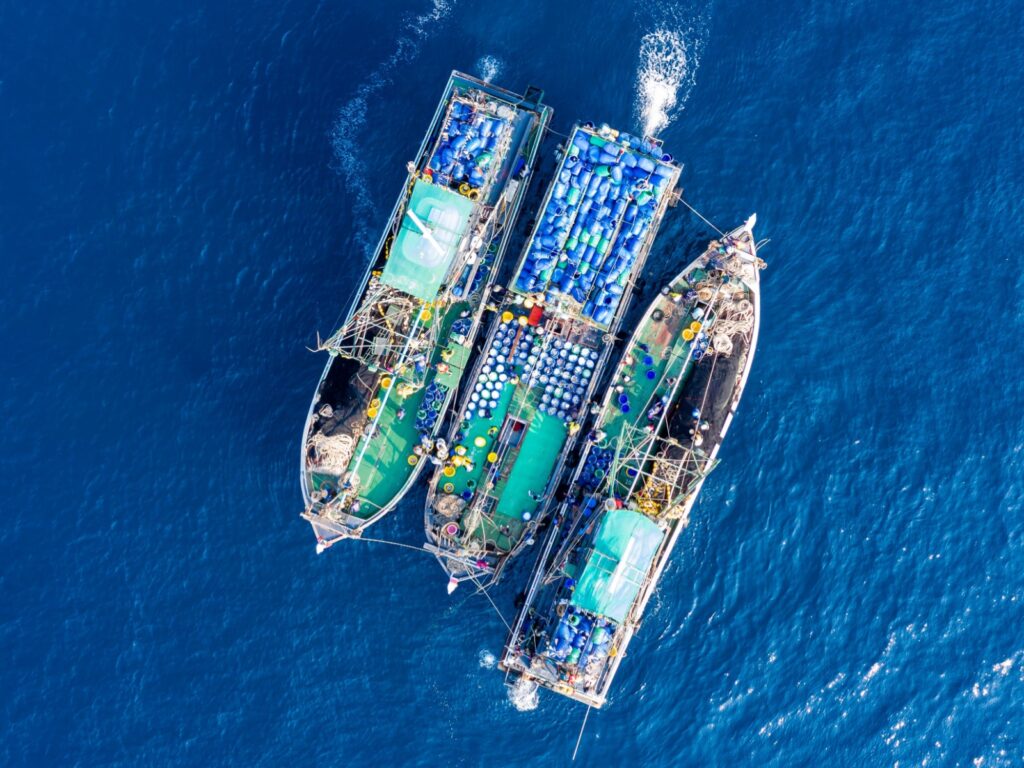
While killer whales don’t compete directly with human fisheries, overfishing affects them indirectly. Many orca populations rely heavily on specific fish species, like Chinook salmon. When these fish populations decline due to overfishing, killer whales struggle to find enough food. This can lead to malnutrition and reduced reproduction rates.
Climate Change
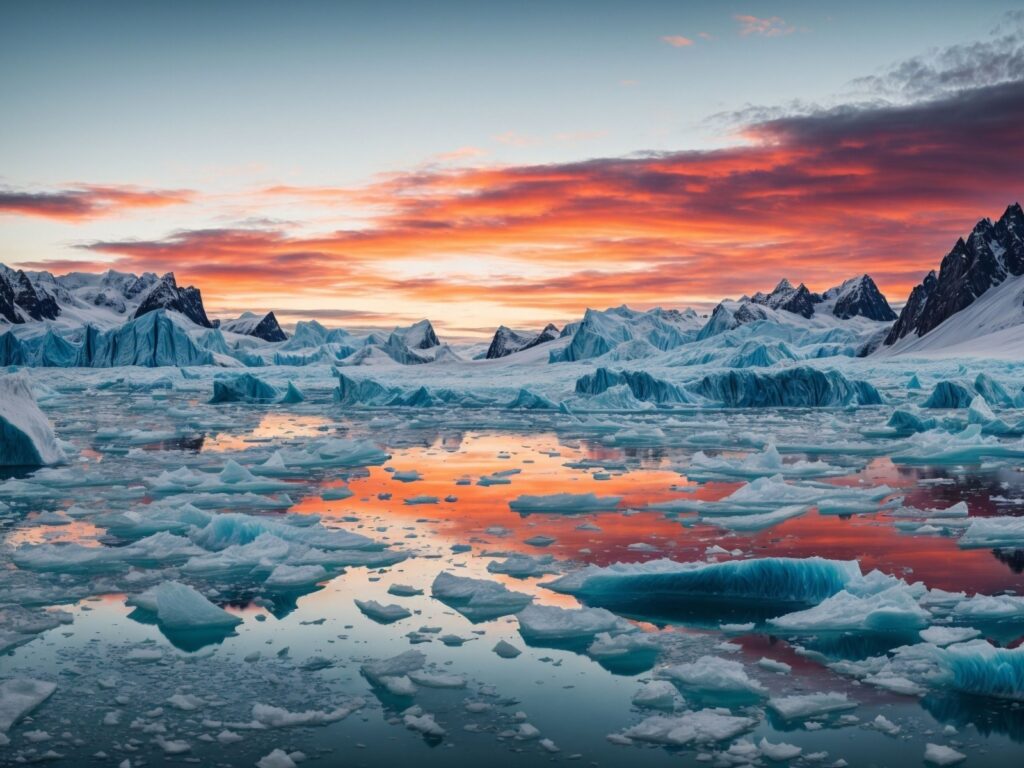
Rising ocean temperatures and changing ocean chemistry due to climate change affect killer whales’ food sources. As fish populations shift or decline, orcas must adapt or face food shortages. Climate change also alters sea ice patterns, which some orca populations use for hunting.
Parasites
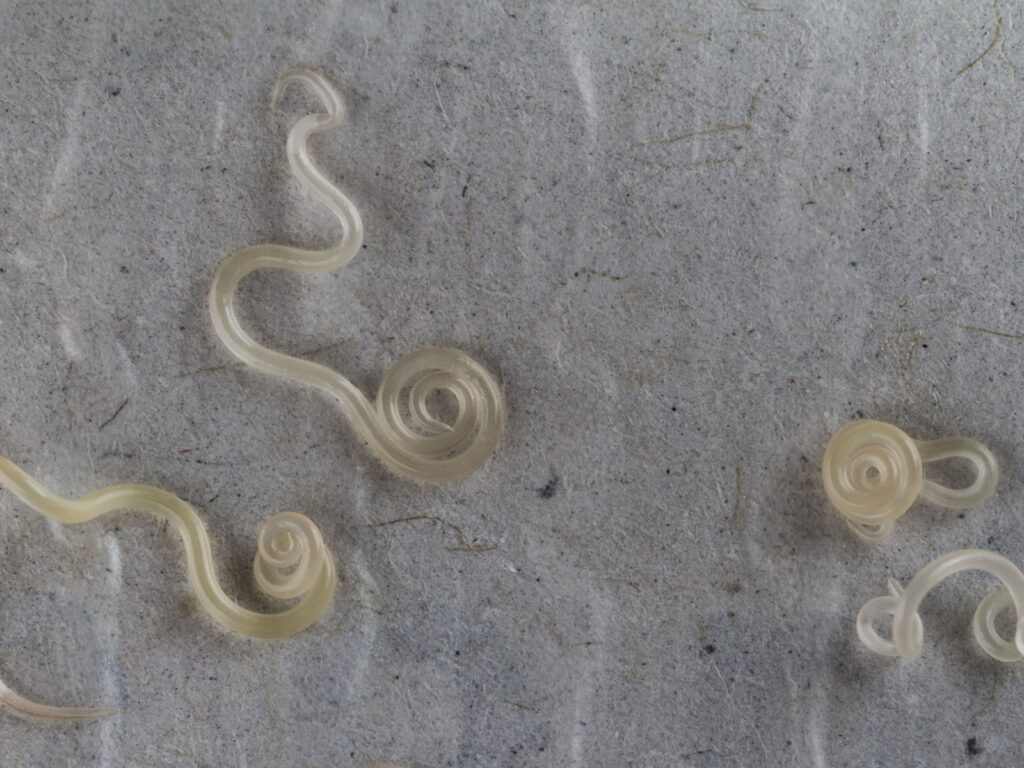
Even apex predators aren’t safe from tiny invaders. Killer whales can be infected by various parasites, including worms and single-celled organisms. These parasites can cause health problems, especially if an orca’s immune system is already weakened by other factors.
Harmful Algal Blooms
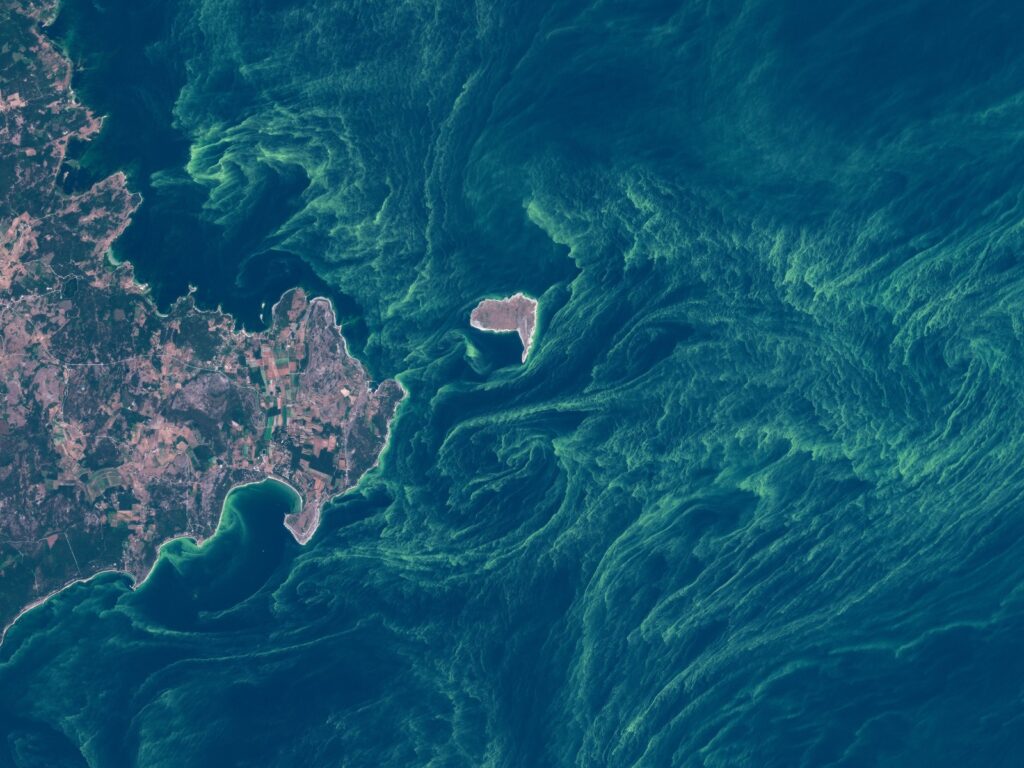
Certain types of algae produce toxins that can be deadly to marine mammals. When these algae bloom in large numbers, they create “red tides.” Killer whales can be poisoned by eating fish that have consumed these toxins. In severe cases, this can lead to neurological problems or death.
Boat Strikes
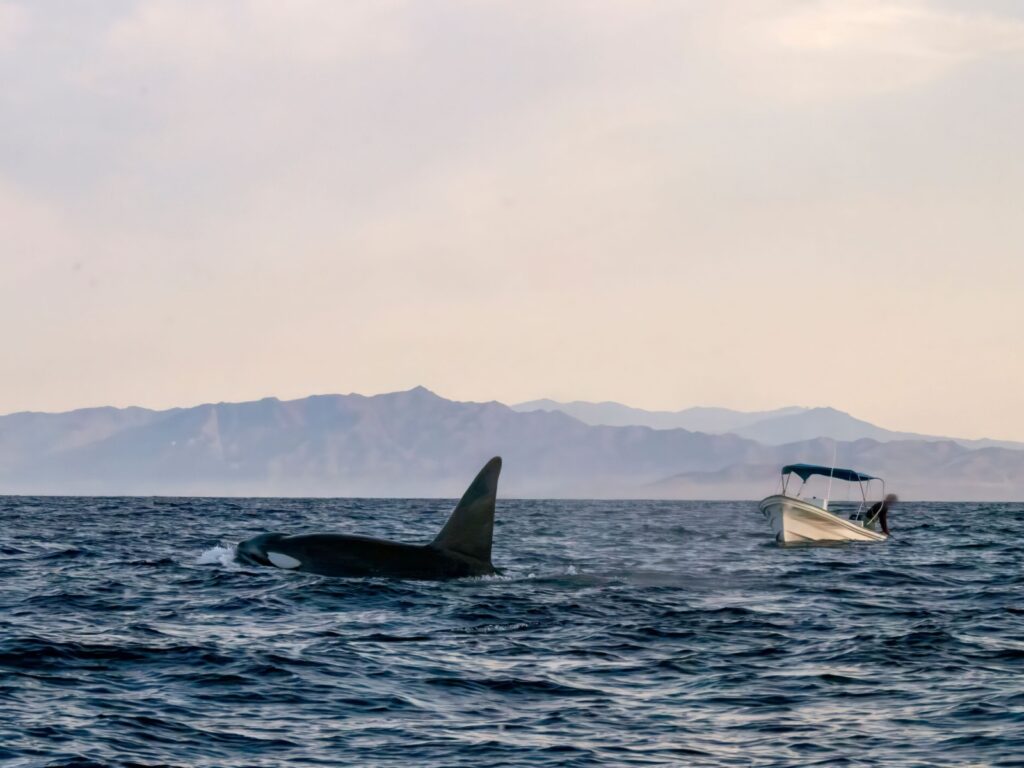
As ship traffic increases in the world’s oceans, so does the risk of collisions with killer whales. While orcas are generally good at avoiding boats, accidents can happen, especially in busy shipping lanes. Injuries from boat strikes can be severe or even fatal.
Entanglement in Fishing Gear
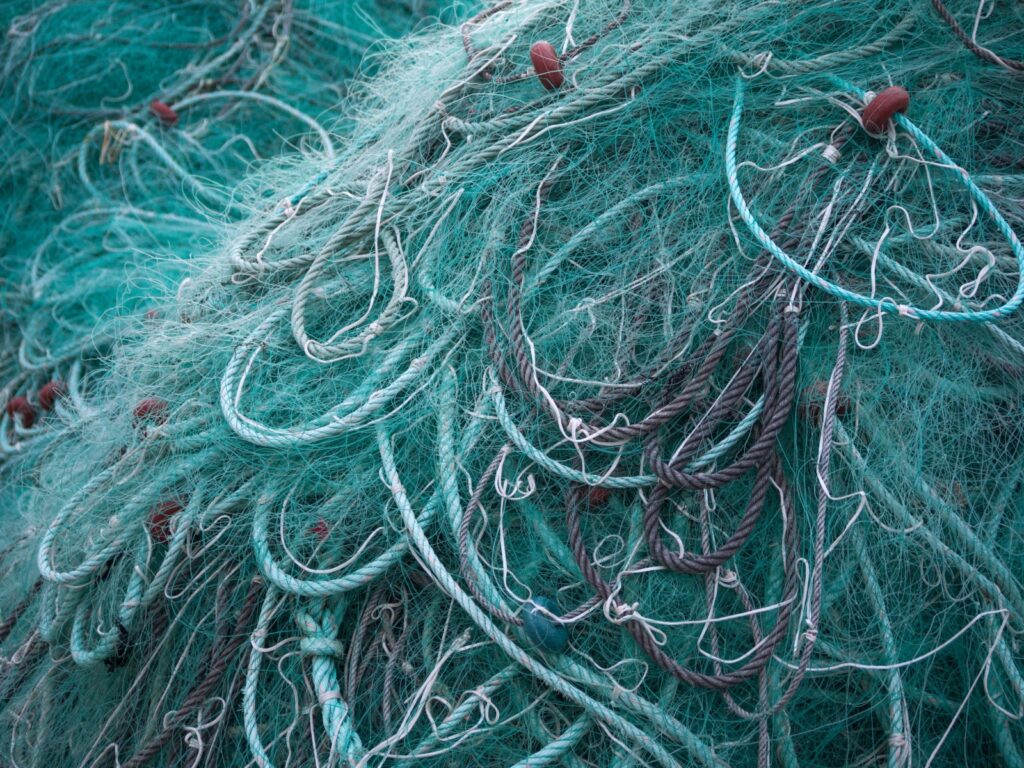
Abandoned or active fishing gear poses a serious threat to killer whales. Orcas can become entangled in nets or lines, leading to injury or drowning. Even if they manage to break free, they may carry pieces of gear that can cause long-term harm.
Hunting
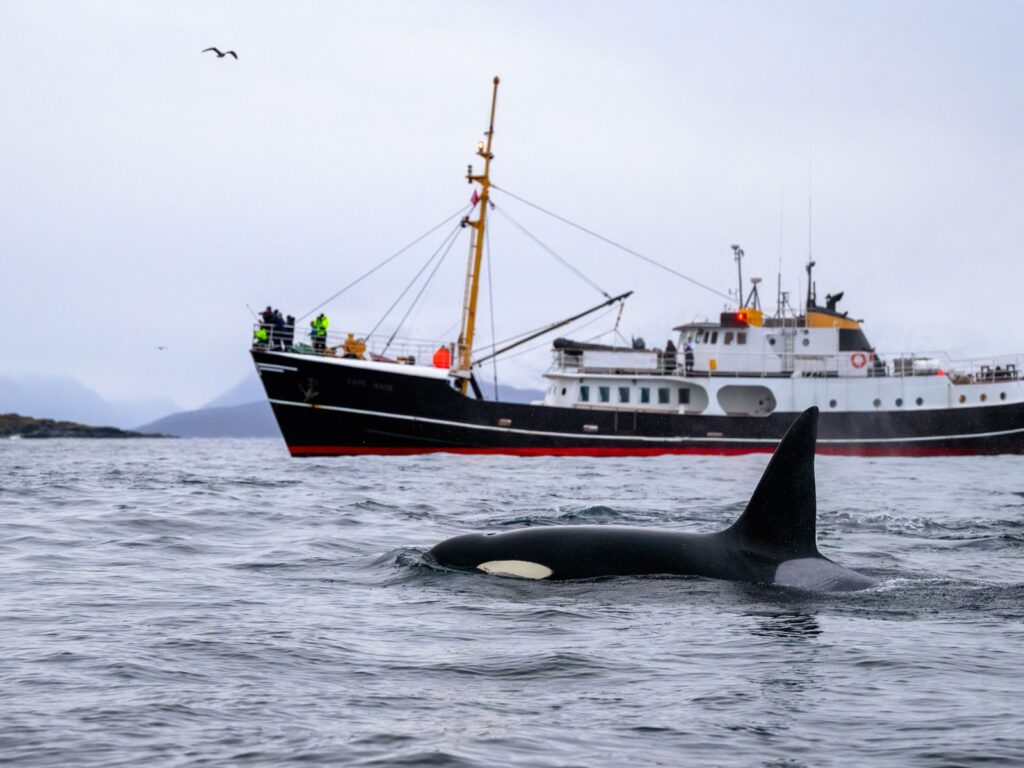
While commercial whaling of orcas is now rare, some populations still face threats from hunting. In certain parts of the world, killer whales are hunted for food or to reduce competition with fisheries. This direct human impact can have severe effects on local orca populations.
Coastal Development
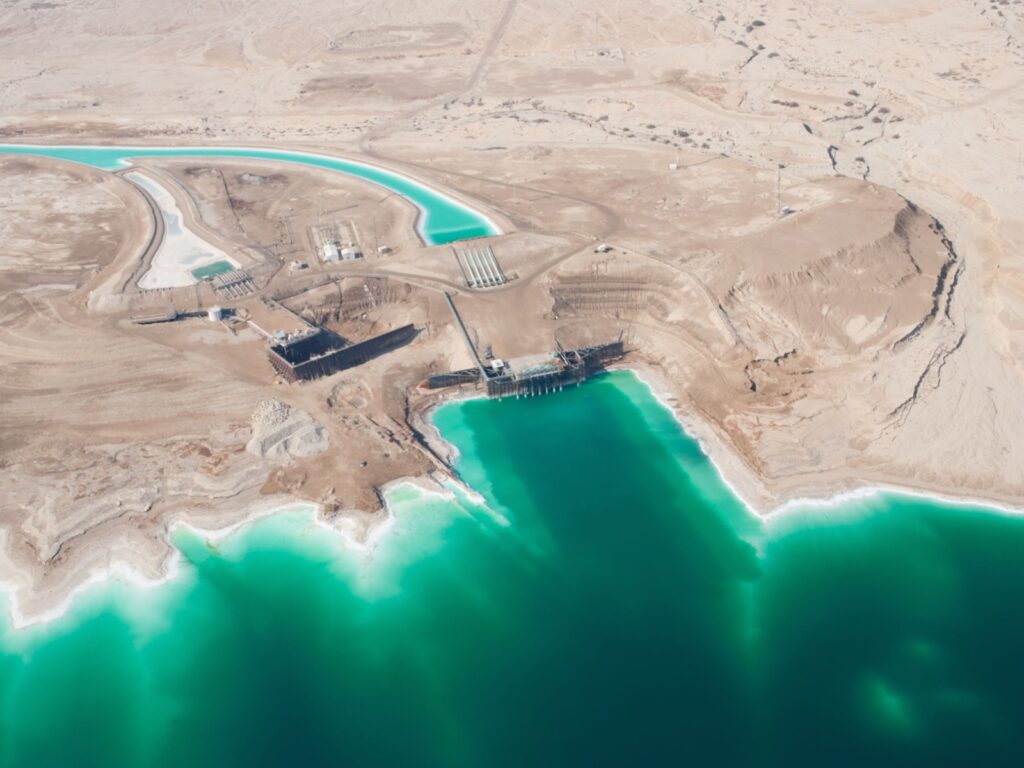
As human populations grow along coastlines, killer whale habitats are increasingly affected. Coastal development can lead to pollution, habitat destruction, and increased boat traffic. This makes it harder for orcas to find food and safe places to live.
Predatory Birds
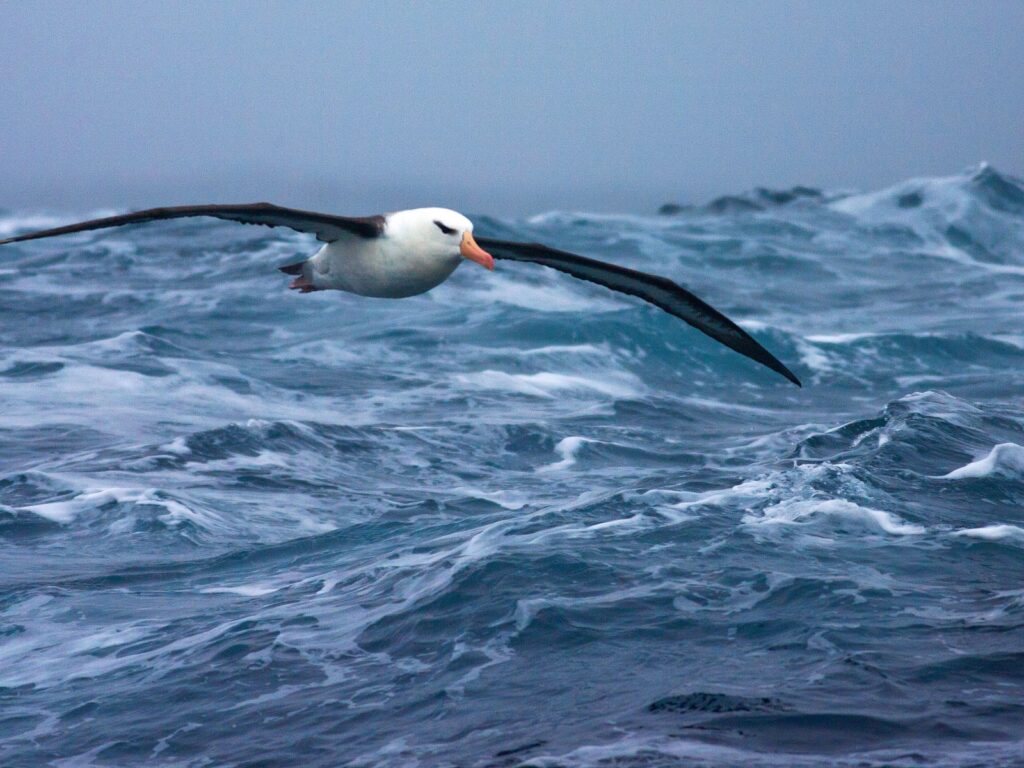
In a surprising twist, some killer whales face threats from the sky. Albatrosses have been observed following orcas to scavenge their leftovers. While not direct predators, these birds can harass young or weak orcas, potentially causing stress or minor injuries.
Competition from Other Predators
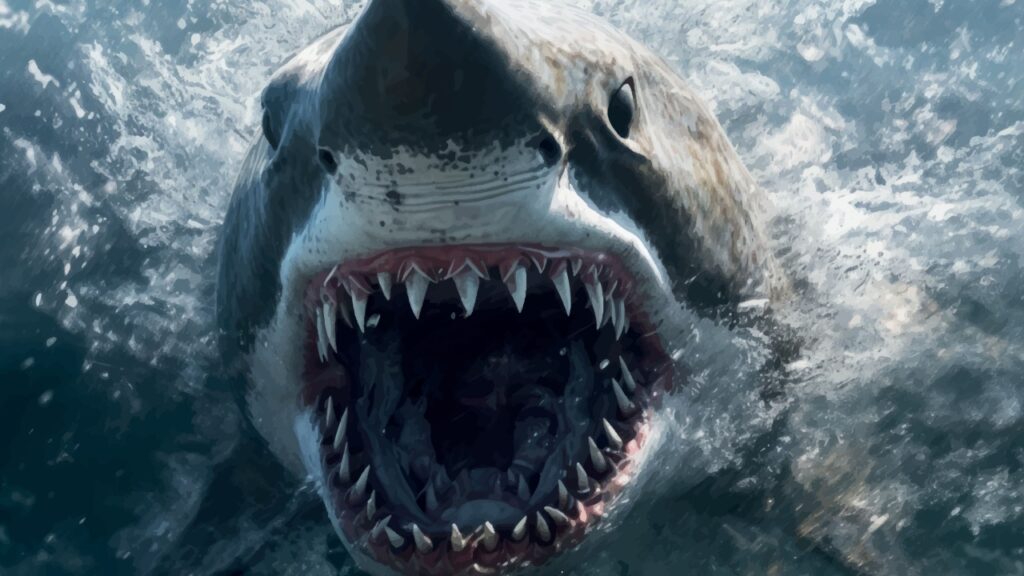
In some areas, killer whales face increasing competition from other marine predators. As ocean ecosystems change, species like great white sharks or leopard seals may compete more directly with orcas for food. This can lead to conflicts and potential injuries.
Human Ignorance
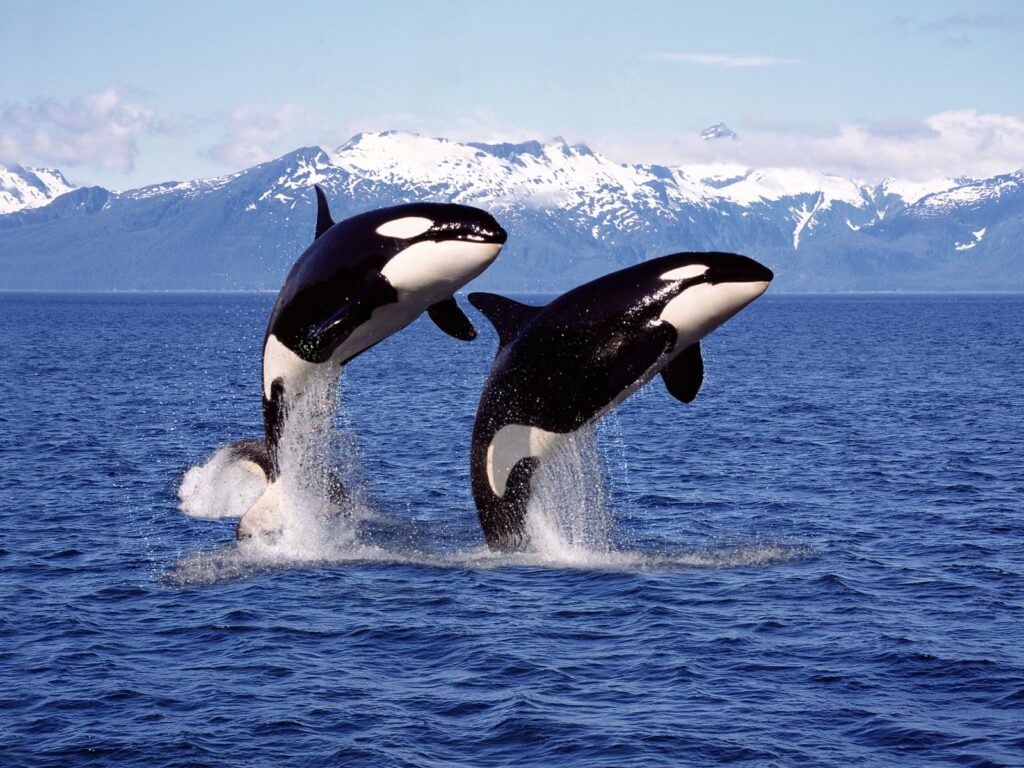
Perhaps the most significant threat to killer whales is human ignorance. Lack of understanding about orcas’ complex social structures, intelligence, and ecological importance has led to harmful practices like captivity for entertainment. Education and awareness are key to protecting these magnificent creatures.
Becky is a fervent wildlife enthusiast and pet care expert with a diploma in canine nutrition. Her love for animals stretches beyond the domestic, embracing the wild tapestry of global fauna. With over a decade of experience in animal welfare, Becky lends her expertise to OutlandishOwl through insightful articles, captivating wildlife information, and invaluable guidance on pet nutrition. Her work embodies a deep commitment to understanding the intricate lives of animals and a passion for educating others on sustaining natural habitats. Becky's hands-on conservation efforts and her knack for translating complex dietary science into practical pet feeding tips make her an indispensable voice for creatures great and small.

